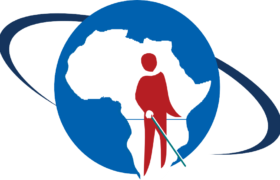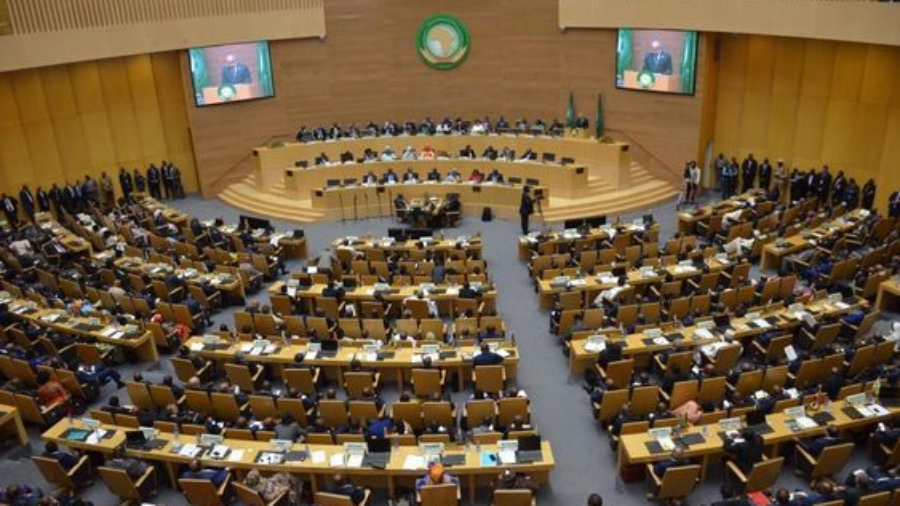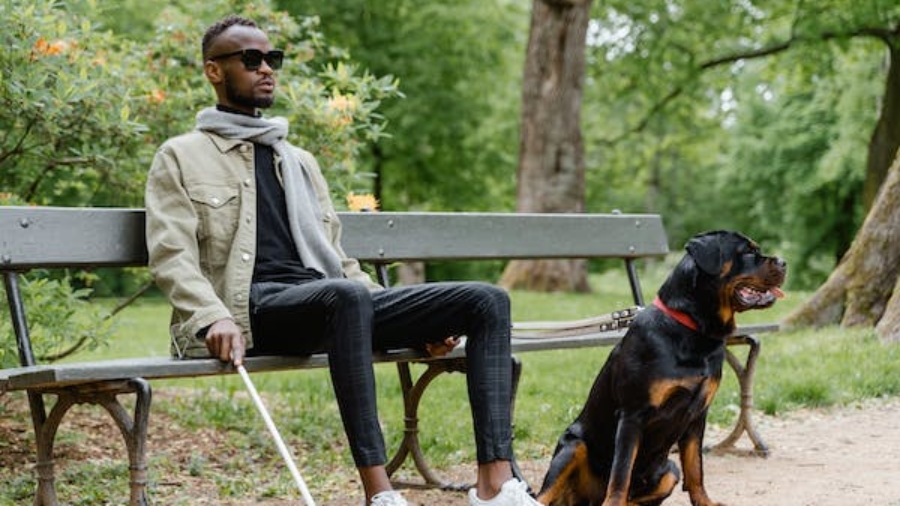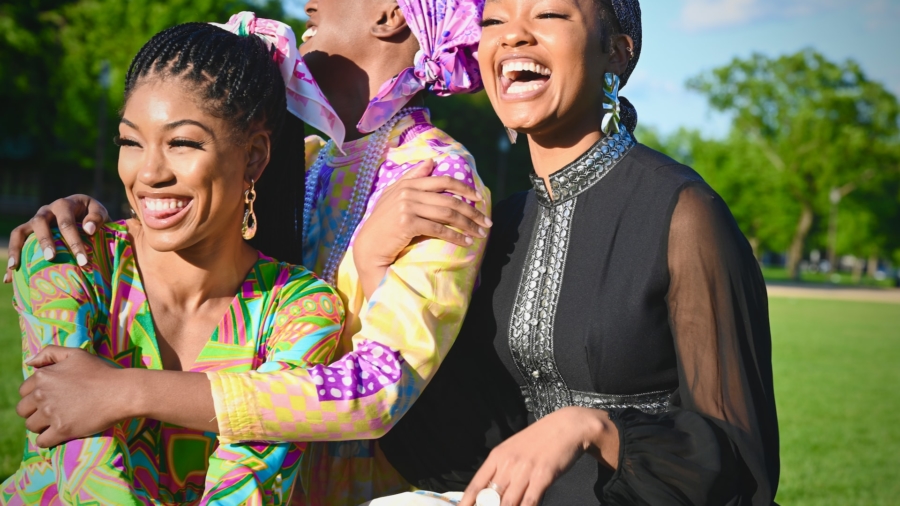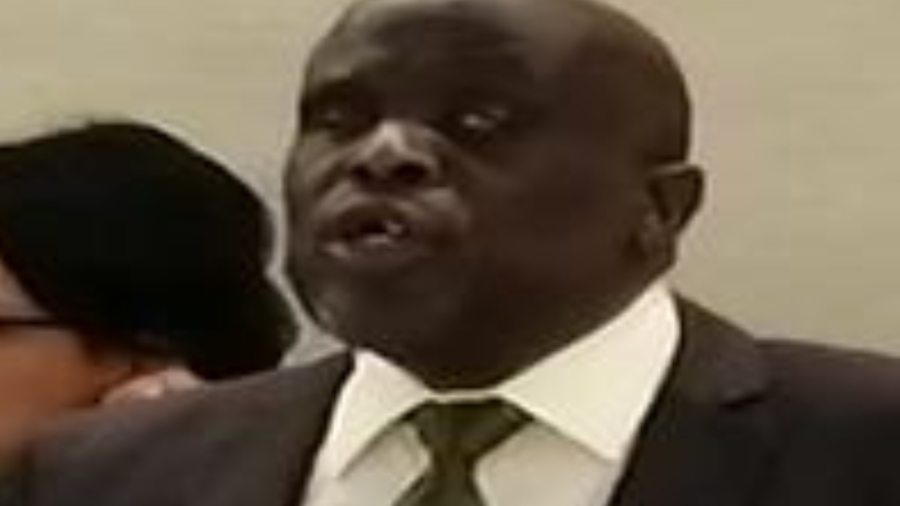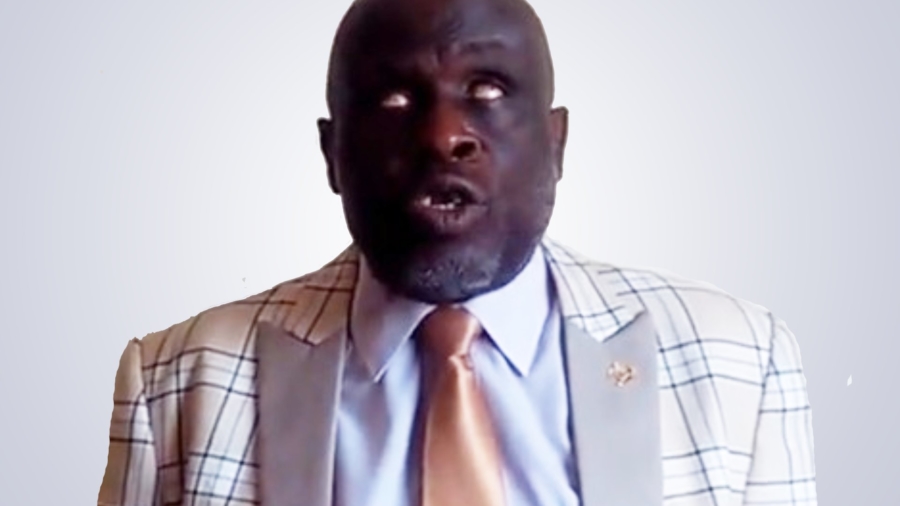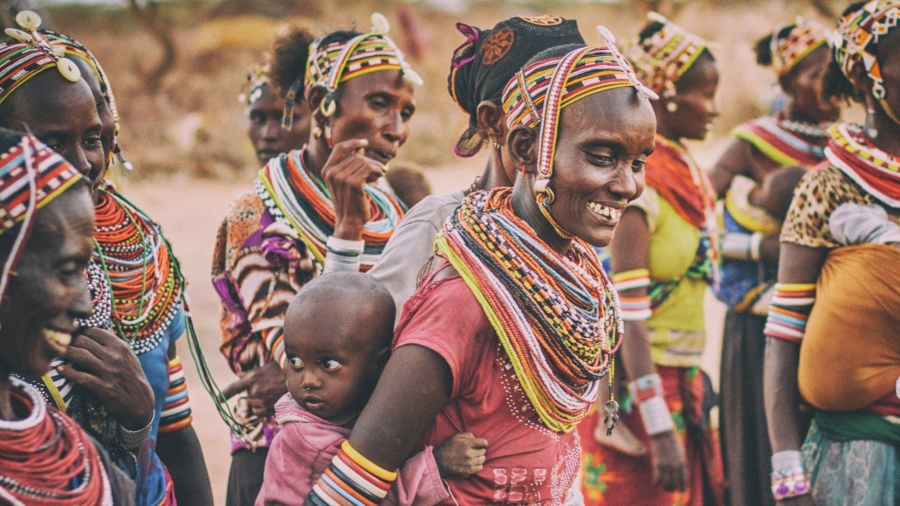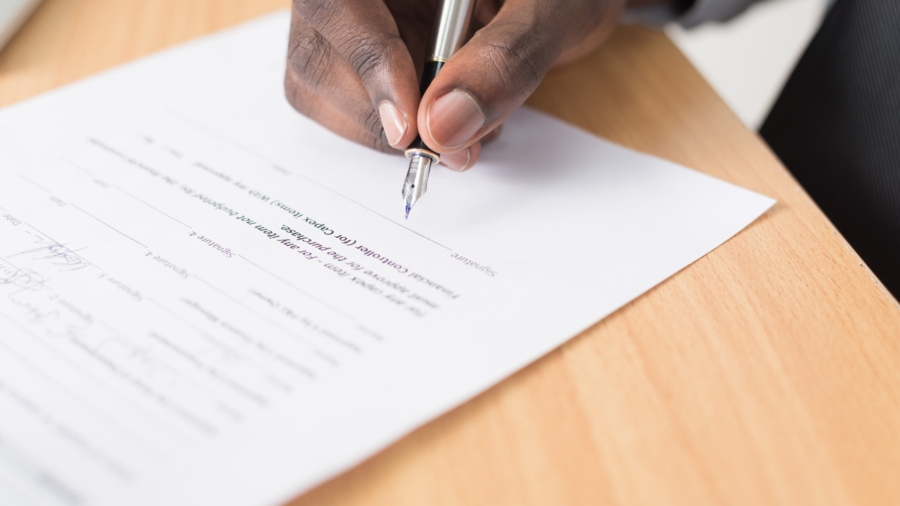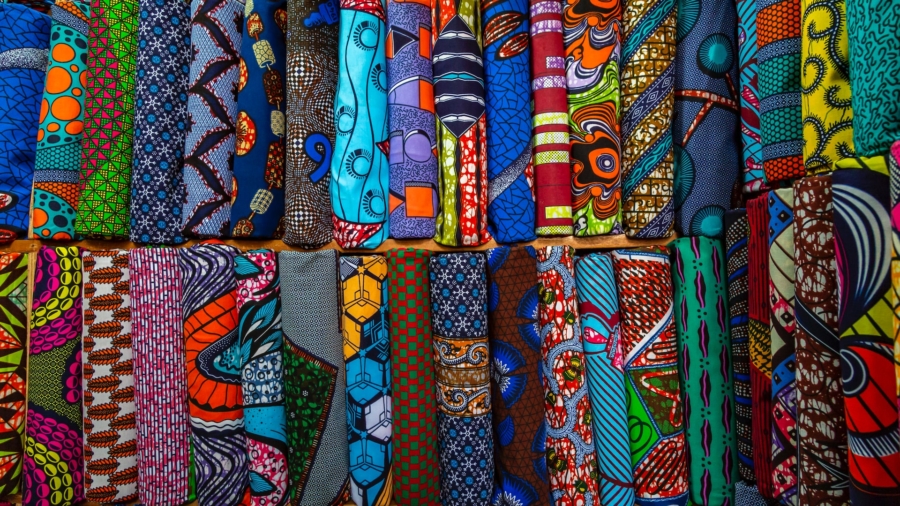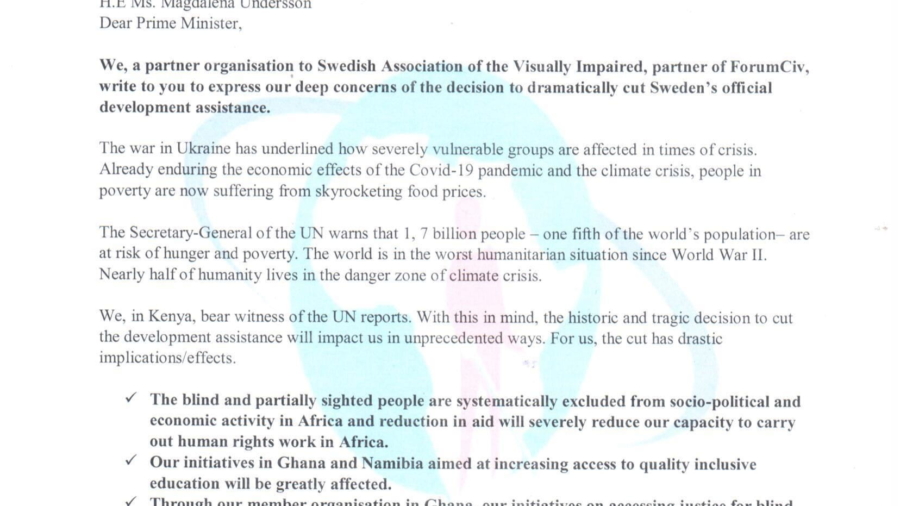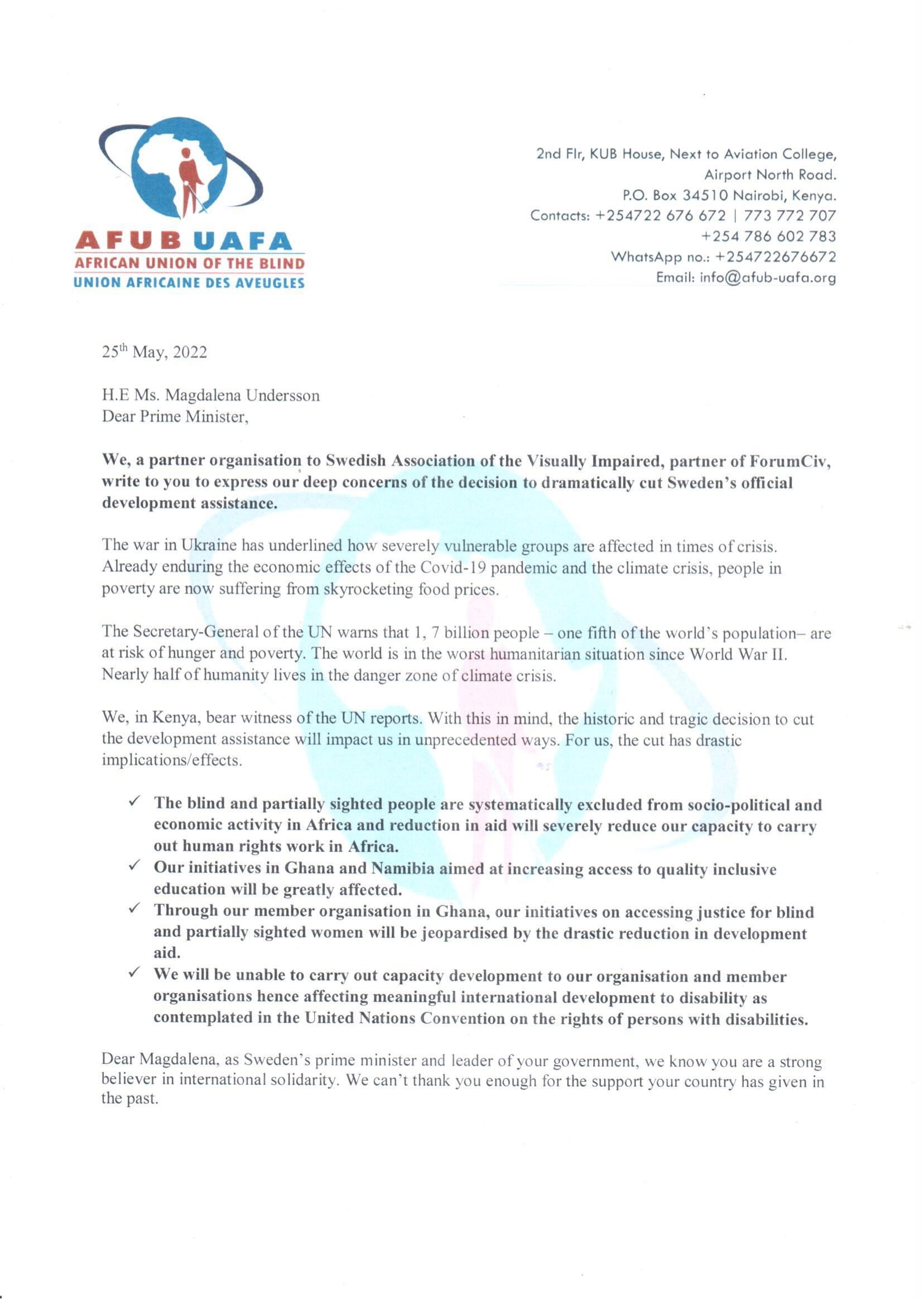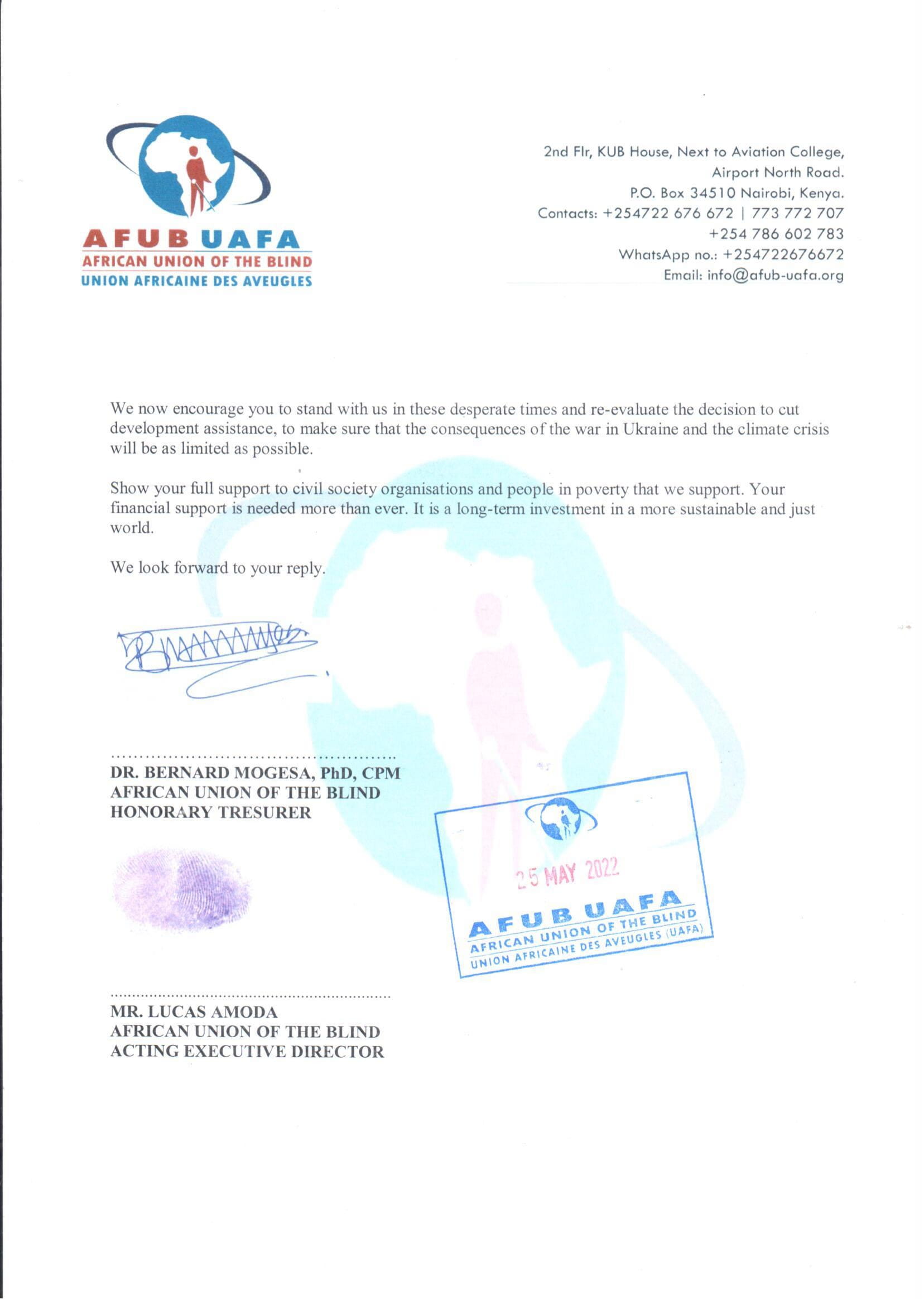AFUB President(Mr. Ishmael Zhou) On Thursday 10th December 2020, AFUB joins the rest of the world in observing Human Rights Day under the theme: Recover Better – Stand Up for Human Rights.
This year’s theme relates to the COVID-19 pandemic and focuses on the need to build back better by ensuring that Human Rights are central to recovery efforts. “We will reach our common global goals only if we are able to create equal opportunities for all, address the failures exposed and exploited by COVID-19, and apply human rights standards to tackle entrenched, systematic, and intergenerational inequalities, exclusion and discrimination. 10 December is an opportunity to reaffirm the importance of human rights in re-building the world we want, the need for global solidarity as well as our interconnectedness and shared humanity” (UN).
As advocates of persons who are blind and partially sighted and in keeping with our main priority, which is promoting full participation, equal opportunities and protecting the human rights of our members, we at AFUB have joined a number of partners including the World Blind Union, International Disability Alliance (IDA), Norwegian Association of the Blind and partially sighted (NABP), Swedish Association of the visually impaired persons (SRF) and all organisations of persons with disabilities to advocate for inclusive and accessible response to the COVID-19 pandemic. Together we have developed global initiatives with a number of stakeholders working to promote and protect the rights of persons with disabilities.
AFUB takes this opportunity to reinforce UN’s call to:
- End of discrimination of any kind: Structural discrimination and racism have fuelled the COVID-19 crisis. Equality and non-discrimination are core requirements for a post-COVID world. AFUB calls upon the African Union and its blocks to influence barrier free public policies and practices governing employment, education, health, sports and recreation including other related human rights of blind and partially sighted persons in Africa
- Encourage participation and solidarity: We are all in this together. From individuals to governments, from civil society and grass-roots communities to the private sector, everyone has a role in building a post-COVID world that is better for present and future generations. We need to ensure the voices of the most affected and vulnerable inform the recovery efforts.
- Promote sustainable development: We need sustainable development for people and planet. Human rights, the 2030 Agenda and the Paris Agreement are the cornerstone of a recovery that leaves no one behind
To “build back better“, we emphasize the need for inclusion of persons with disabilities, especially those who are blind and partially sighted, in the recovery process. This includes; ensuring that the rights enshrined in the UN Convention on the Rights of Persons with Disabilities (UNCRPD) are prioritized; continuing to work towards the achievement of the Sustainable Development Goals (SDGs); working in consultation with organizations representing persons with disabilities in decision making, development or changing of legislation or policies; and implementing inclusive COVID-19 mitigation actions so that no one is left behind.
We stand in solidarity with the UN and its partners in its call to “Stand up for human rights” as we strive to recover from this pandemic and to build a better, more inclusive and resilient society.
AFUB calls upon All African states to ratify The African Disability Protocol (ADP), and put an end to continued human rights violation, social exclusion and prejudice suffered by persons with disabilities in Africa.
AFUB President, Mr. Ishmael Zhou.
